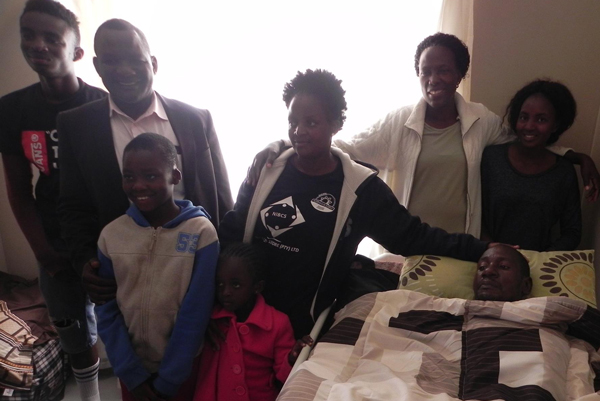
More U.S. Peace Corps to help local communities

Another batch of 30 U.S. Peace Corps volunteers will be sworn-in this week at the Andreas Kukuri Conference Center in Okahandja by U.S. Ambassador Lisa Johnson.
Their mission will be to help bolster community economic development and community health around the country. Peace Corps is a Volunteer program of the United States government through which American Volunteers, young and old, serve overseas for two years to offer technical assistance that helps a country build its capacity to meet the needs of its people.
Before taking up their posts in various parts of the country, the trainees have undergone a nine-week cross cultural training in Okahandja.
The training involved proficiency in one of six local languages acquired through intensive language courses, as well as living with thirty host families in Okahandja. With the complete immersion into Namibian culture and language they are now set to work at the community level across Namibia.
In addition, each volunteer has met technical training criteria over nine weeks. As a part of this work they have conducted health workshops for youth in Okahandja, business skills training, mentored local entrepreneurs, and developed a visibility campaign for local producers.
Each volunteer will go on to work alongside local counterparts to ensure that knowledge and experience is transferred in both directions and is sustainable.
The first group of 14 Volunteers arrived in Namibia on September 9, 1990, less than six months after the country gained independence. By January 1991, the program was in full operation.
In total, more than 1,800 Peace Corps volunteers have served in local schools, community health centers, and grassroots economic development programs throughout the country, working as primary and secondary school teachers, resource teachers, community health volunteers, and Small Business volunteers.











































